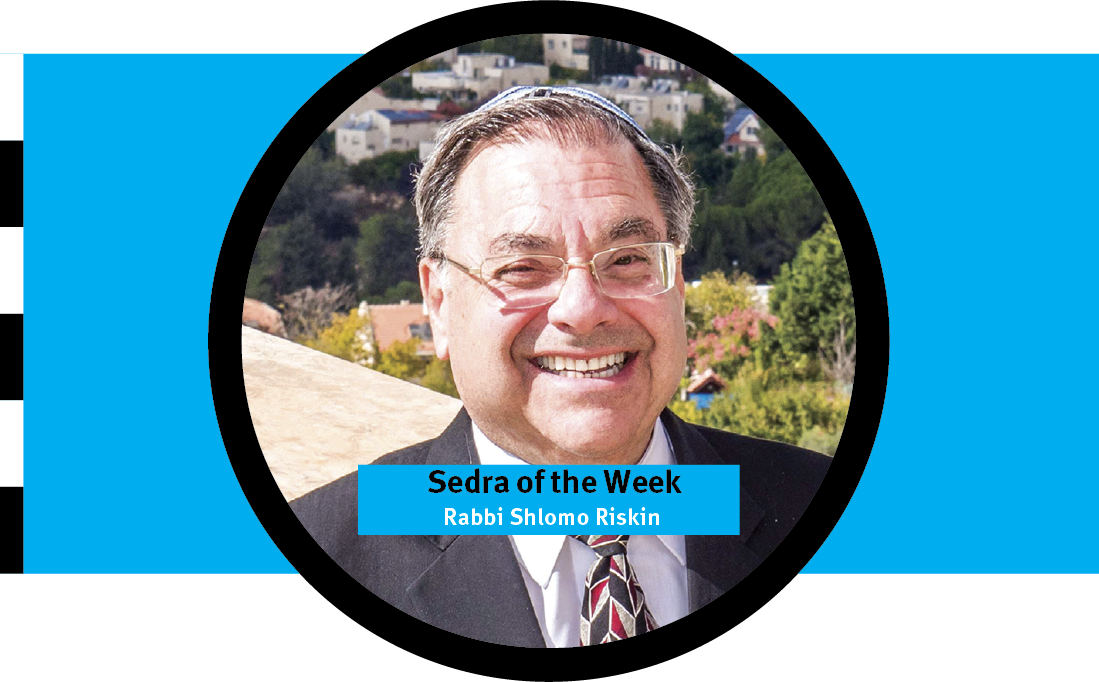Efrat, Israel — “She is more righteous than I” (Gen. 38:26)
The biblical drama of the peregrinations of Jacob ended with the patriarch’s return to his father’s house and homeland in last week’s reading of Vayishlah, and now with the reading of Vayeshev the riveting story of Joseph begins. Just as Jacob’s exilic wanderings open with his dream of a ladder connecting heaven and earth, so do Joseph’s wanderings begin with his dreams of the brothers’ sheaves of grain bowing down to his sheaf and then of the sun, moon and eleven stars bowing down to Joseph.
The Joseph story continues at a fast pace, with the brothers’ jealousy (a jealousy unto death) resulting in the sale of Joseph into Egyptian servitude and leading to the brothers’ deception of their father Jacob, making him think that a savage beast had devoured his favorite son and heir apparent (Gen. 37:1-36).
The biblical account skips a chapter, however, before telling us of Joseph’s adventures in Egypt; we must wait for that until Chapter 39, after which we remain with Joseph until his death at the end of the Book of Genesis. Chapter 38 — a clear interruption of the Joseph story line — provides a fascinating interlude dealing with brother Judah, his three sons, and daughter- in-law Tamar, who enters into an act of deceptive harlotry with her father-in-law because she felt herself thwarted from her anticipated levirate marriage with Judah’s third son, Shelah.
But why does this story — replete with sex, intrigue and moral outrage against the wrong party — find its place in the midst of the Joseph story? Let the Bible first finish with Joseph, and then bring in this tale of Judah, perhaps even as important background for the Messianic legacy he is to receive from Jacob on his death bed (Gen. 49:8-10).
And this leads to a second question. Apparently, Messianism is an important factor here, since Judah is the tribe-producer of the Messiah, scion of the Davidic dynasty who will bring the ultimate peace and the ingathering of all the nations.
Perez, the Jacob-like character who pushes ahead and breaks out his elder twin Zerah’s initial lead, to emerge first, is the seventh-generation grandfather of Boaz, in turn great-grandfather of King David (Ruth 4:18- 22). But why choose a forbidden sexual act of immorality, a father-in-law (Judah) with his daughter-in-law (Tamar), and an act of harlotry at that, which adds even further transgression, as the union which will ultimately produce the Messiah? Ought the Messiah not emerge from a much purer act of sexual love within the context of marriage in accordance with Moses and Israel? The entire Book of Genesis after the choosing of Abraham is concerned first and foremost with who will receive the legacy of the firstborn, which son will be the torchbearer to pass down the baton of Messianism: the responsibility of bringing to the world peace and redemption by teaching compassionate righteousness and moral justice, to the next generation. Our portion Vayeshev begins with Joseph, seemingly the choice of his father Jacob, who gave him the striped tunic of many colors.
But Joseph doesn’t dream of uniting heaven and earth, God and world; he dreams of mastery over his brothers, domination on land and in sky, and in his two dreams God and Israel do not appear even once! And moreover gathering sheaves of grain, agriculture, was not the pursuit of the family of Abraham in the Promised Land of Canaan; it was the activity discovered in Egypt, a far more sophisticated and corrupt culture than existed in the Land of Israel. Joseph hankered after the fleshpots of Egypt, not the piety of “Palestine”; Joseph — at least at this point in his life — did not seem worthy of the legacy of the firstborn.
And so the Bible offers another option for the bearer of the familial blessing. You will remember that it was Judah who cleverly saved Joseph’s life from death by starvation and scorpions in the pit by offering the brothers financial gain by selling their sibling into Egypt (Gen. 37:26, 27). At this point he marries a Canaanite woman with whom he has three sons; the eldest, Er, he marries off to Tamar. Er dies early, and Tamar is given in levirate marriage to Onan, Er’s brother. Levirate marriage enables the brother to grant his hapless sibling a child and heir (even though he is dead) by impregnating — and taking responsibility for — his widow.
Since the child born to Tamar would be considered Er’s and not Onan’s, Onan refused to give his seed to Tamar. Onan too dies young as a Divine punishment for neglecting his responsibility to his elder sibling.
Shelah is left; Judah is frightened to give Tamar as wife to another of his sons lest that son also die.
Tamar poses as a harlot, seduces Judah, and becomes pregnant with his seed. So Perez and ultimately Boaz and King David will ultimately be born.
Joseph attempts to escape his Abrahamic destiny by looking towards Egypt and its naturalism for his future. Judah likewise seems uninterested in guaranteeing Abrahamic fulfillment. Tamar is desperate to carry Judah’s seed and continue the road to redemption. Judah also publicly admits his transgression with Tamar, praising her for being more interested in the Jewish future — by taking responsibility for past generations — than he was. Repentance, responsibility to past and commitment to future are the skill that Messianism is made of. Hence the story of Judah at this junction is a prefiguration of why it is eventually Judah and not Joseph who gives over the familial baton.
Shabbat Shalom
Rabbi Shlomo Riskin
Founder & Rosh Yeshiva,
Ohr Torah Stone
Founding Rabbi of Efrat


